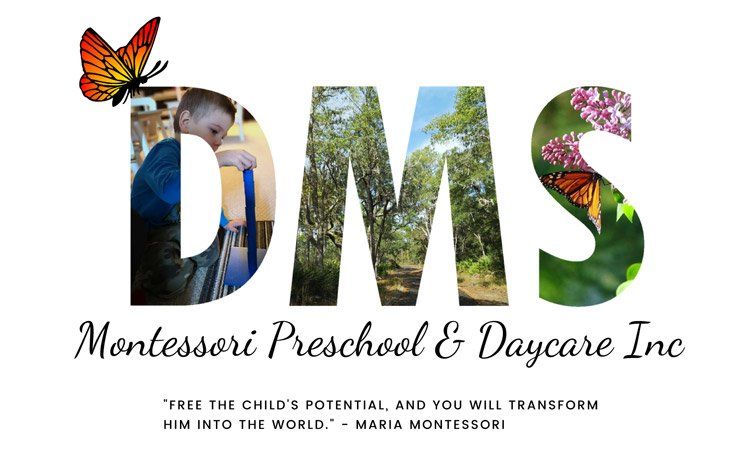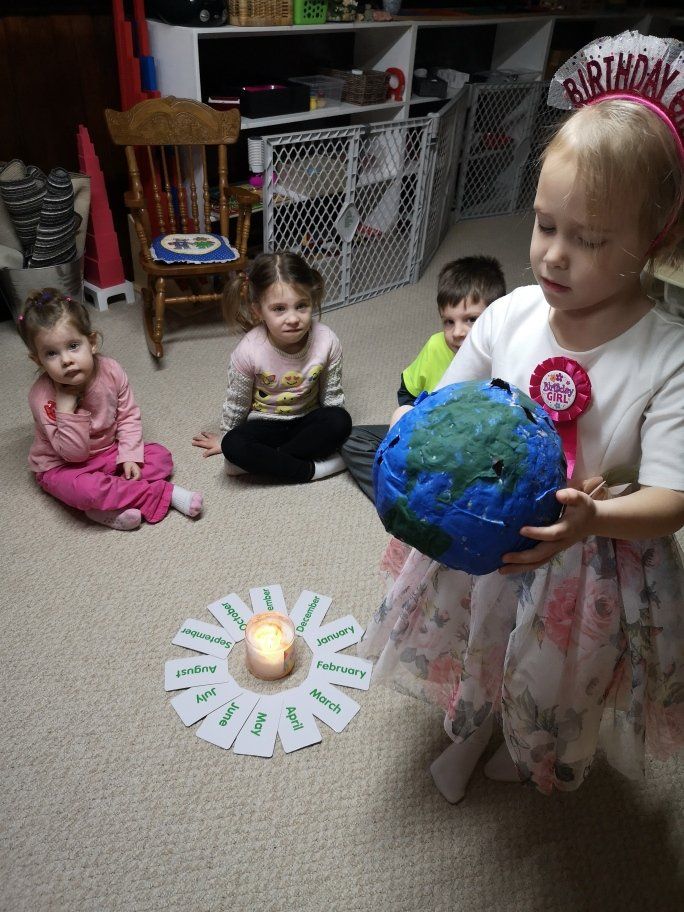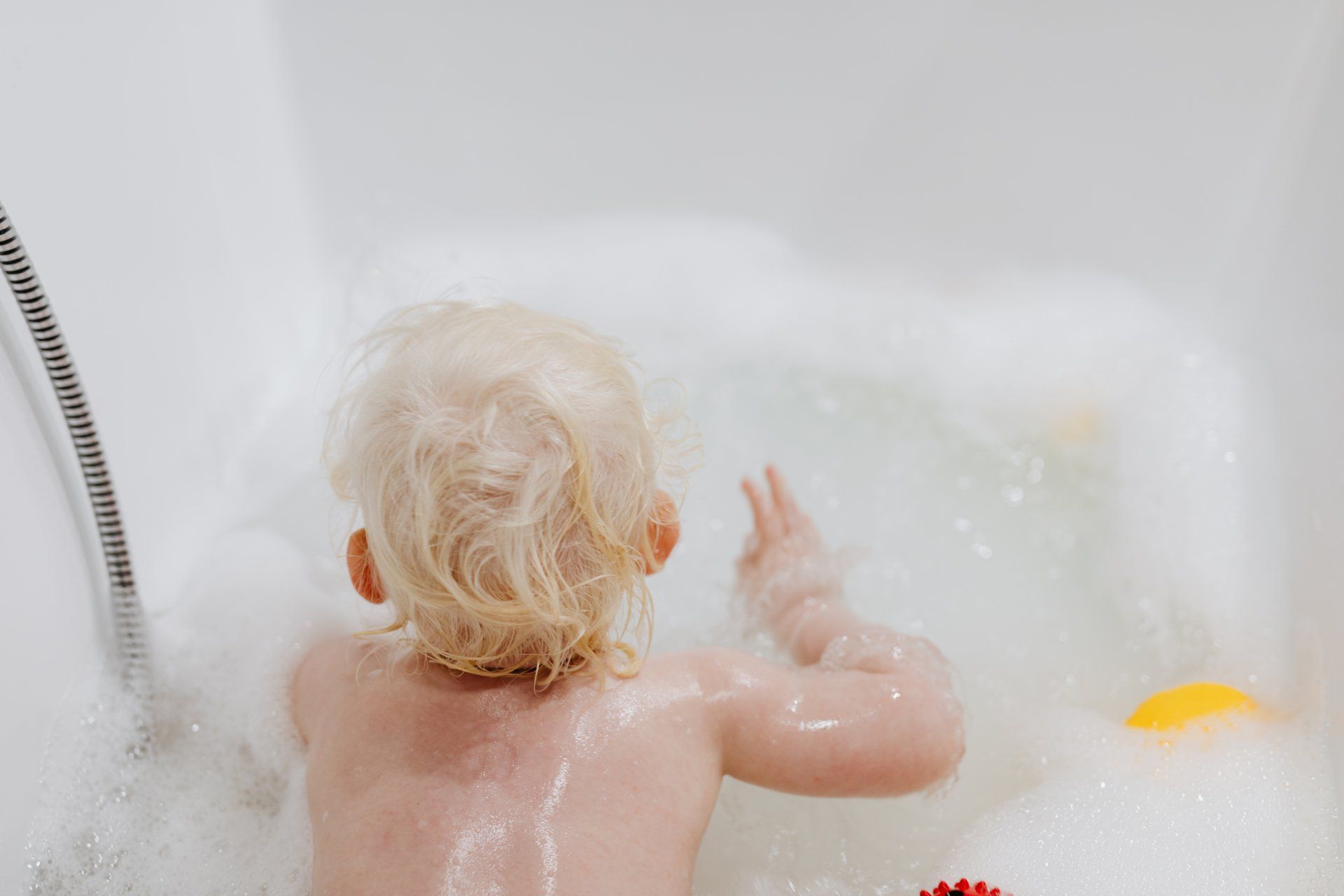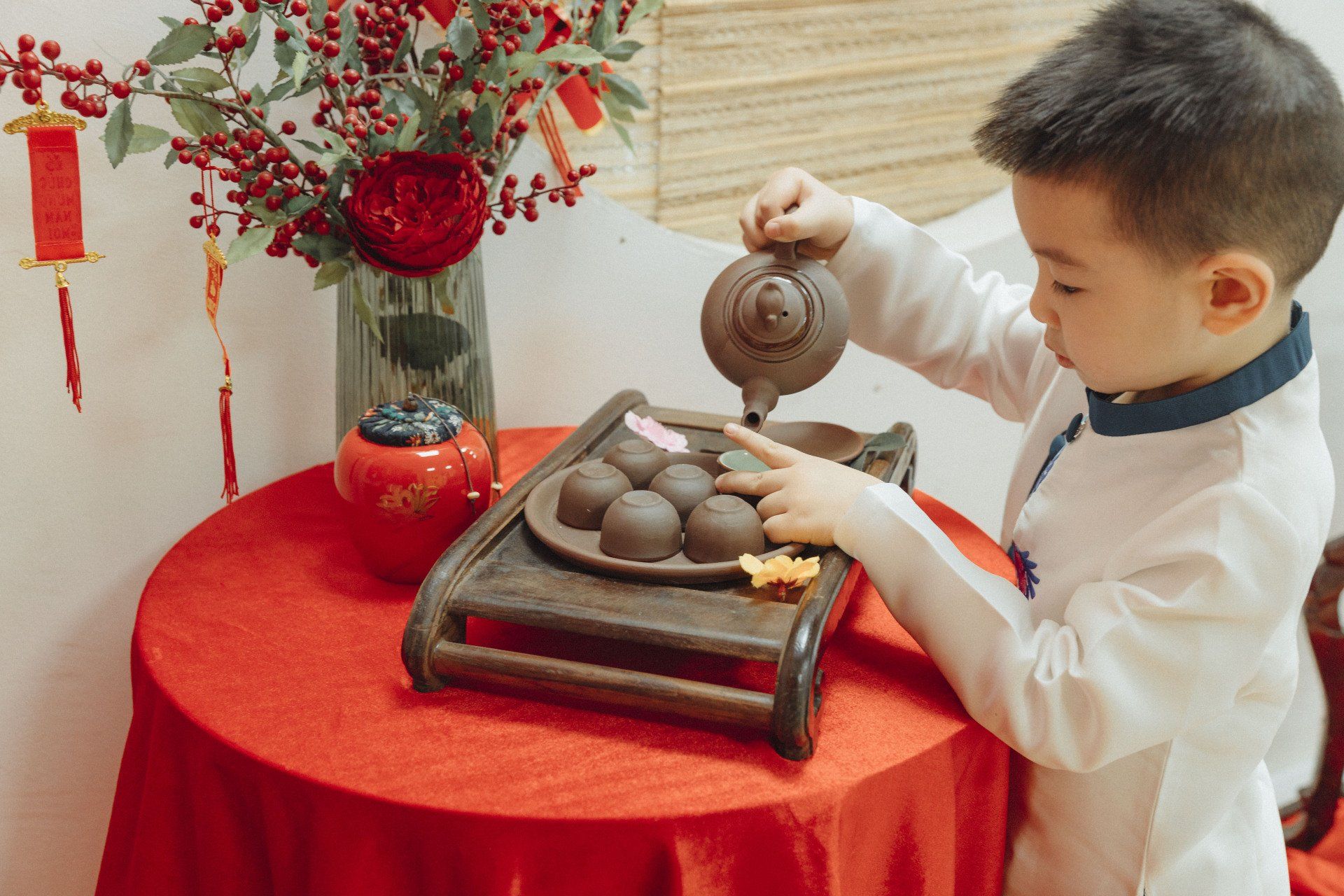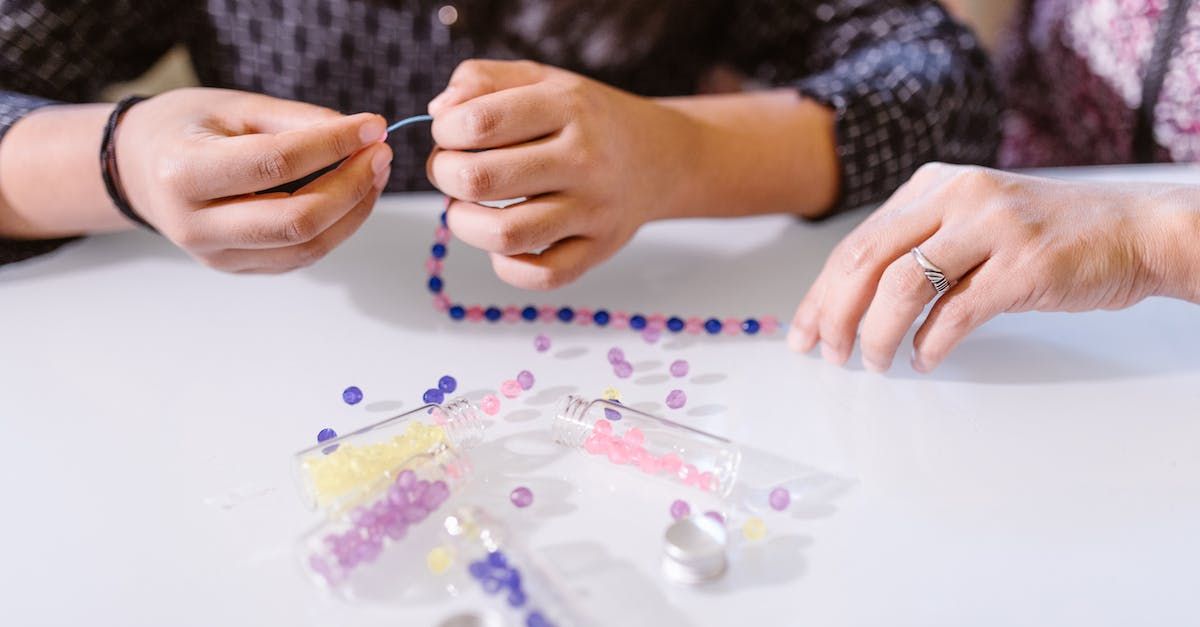Montessori: Routine and Discipline
Montessori Routine and Discipline
Montessori Routine and Discipline: Nurturing Independence with Respect and Structure
In the Montessori approach, routine and discipline are essential pillars that support the development of independence, self-regulation, and mutual respect. By providing structure alongside freedom, Montessori environments create spaces where children feel secure and confident to explore, while learning to make responsible choices. Montessori discipline is built around guiding children rather than controlling them, helping them internalize positive behavior through understanding, not through external rewards or punishments.
The Role of Routine in a Montessori Classroom:
Routine is the foundation of a Montessori classroom, creating a rhythm that helps children feel grounded and focused. The day is thoughtfully organized with a balanced flow of activities that respect each child’s developmental needs. Uninterrupted work periods allow children the freedom to choose tasks that interest them, encouraging deep concentration and intrinsic motivation. This autonomy within a predictable schedule fosters time management, decision-making, and a natural sense of responsibility.
Daily routines typically include periods of independent work, group lessons, social interaction, and moments for rest and reflection. This harmonious structure helps children develop an internal sense of time and order, providing them with the stability they need to thrive cognitively, socially, and emotionally. The consistent rhythm reassures children, giving them the confidence to take on new challenges while offering the flexibility to adapt as needed.
Montessori Discipline: Freedom Within Limits
Discipline in the Montessori philosophy is not synonymous with punishment or control. Instead, it revolves around setting clear, consistent boundaries that promote freedom within a safe, respectful framework. Montessori discipline focuses on teaching children the natural consequences of their actions, allowing them to learn through experience and reflection. Rather than imposing rigid rules, teachers model empathy, respect, and conflict resolution, guiding children in making thoughtful, positive choices.
Children in Montessori environments are encouraged to take ownership of their actions, understanding how their behavior impacts others and their surroundings. By providing freedom within established limits, teachers help children develop self-discipline. This process allows them to build a deeper sense of respect for themselves, their peers, and their environment.
Fostering Confident, Compassionate Individuals
Through the balance of routine and discipline, Montessori education nurtures the development of confident, independent, and compassionate individuals. Children learn not only to regulate their own behavior but also to contribute positively to their community. The emphasis on personal responsibility and respect helps foster a deep, intrinsic motivation to make good choices, leading to lifelong skills of self-discipline, empathy, and cooperation.
This approach to routine and discipline offers children the tools to navigate their world with confidence and grace, equipping them for success both inside and outside the classroom.
2024 © Sylwia Lesner

Your Privacy Matters!
DMS Montessori Preschool and Daycare Inc. is committed to respecting the privacy of individuals and recognizes a need for the appropriate management and protection of any personal information that you agree to provide to us. We will not share your information with any third party outside of our organization, other than as necessary to fulfill your request.
CONTACT US
101 Simcoe Street North
Oshawa, Ontario
L1G4S4
905-728-3372
dms@durhamregionmontessori.ca
JOIN OUR PUBLIC NEWSLETTER LIST - COMING SOON!
We will get back to you as soon as possible
Please try again later
DMS Montessori Preschool and Daycare | Montessori Preschool in Oshawa | Montessori |Daycare in Oshawa | Montessori Preschool and Daycare serving Durham Region |Oshawa, Whitby, Ajax, Pickering, Courtice | Daycare and Preschool Oshawa | Montessori School
2021 All rights Reserved
